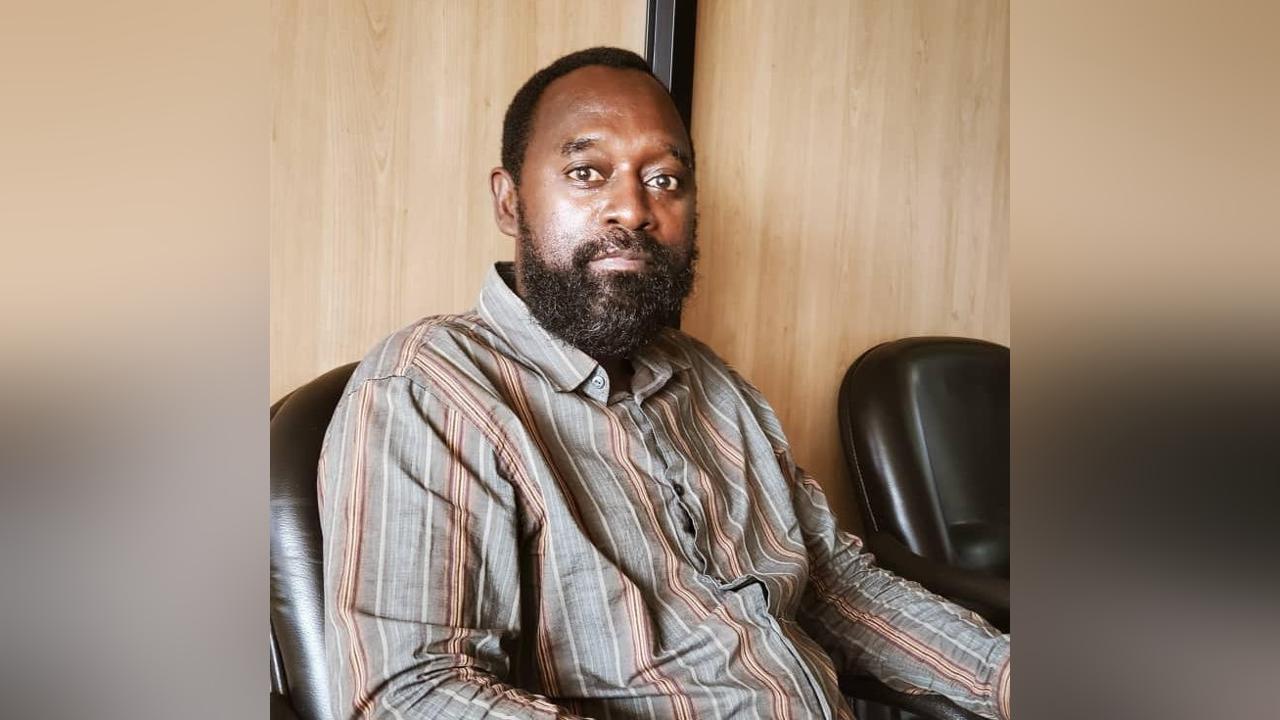By Magezi Kiriinjju
Africa-Press – Uganda. The eviction of Baraaro from the Acholi Sub-region is currently underway, following Executive Order Number Three of 2023 issued by President Yoweri Museveni.
The operation is being led by the 4th Army Division under Maj. Gen. Busizoori and is supervised by the Minister for Northern Uganda, Hon. Dr. Kenneth Omona. Both officials are simply enforcing a directive from the Commander-in-Chief; there are no personal motives involved.
The term “Muraaro” originates from the Runyankole word Okuraara, meaning “to sleep over.” Traditionally, cattle keepers from Mpororo and Ankole would migrate in search of pasture and water, staying away from home for extended periods. This lifestyle gave rise to the label Baraaro, meaning “those who sleep over.”
It’s crucial to note that Baraaro is not an ethnic group. In fact, many of those identified as Baraaro come from diverse backgrounds—Baganda, Batooro, Banyankole, Tutsis, Batuku—demonstrating that Muraaro refers to a livelihood, not a tribe.
The Baraaro moved into Northern Uganda mainly because of the availability of large tracts of sparsely populated land suitable for grazing. Land, being a key factor of production, naturally attracted cattle keepers seeking economic opportunity. The notion that there is an agenda against Acholi is a nonsensical conspiracy theory that is politically motivated.
However, there are solid reasons why the eviction has been deemed necessary.
The Acholi Sub-region is still recovering from the devastation of the Lord’s Resistance Army (LRA) insurgency that displaced thousands, left many destitute, and inflicted lasting trauma. In such circumstances, people may easily sell their land for quick cash—often far below its real value. Without government protection, these communities risk becoming landless once again—not due to war this time, but due to economic desperation.
Northern Uganda operates under customary land tenure, where land is communally owned based on traditional norms and cannot be legally sold without community consent. Thus, many land transactions claimed by Baraaro lack legal standing. In essence, one cannot easily “buy” such land in the conventional sense.
The government is also undertaking a restocking programme for Northern Uganda. This requires locals to retain grazing land. If the land is dominated by a few wealthy individuals, the purpose of restocking—revitalizing the local livestock economy—would be defeated. Protecting communal land, even at the cost of temporary economic hardship, is essential until the community is fully empowered to negotiate fair land deals.
Some Baraaro have, unfortunately, fueled tensions through arrogance and unwillingness to integrate with local communities. For an already traumatized population, perceived disrespect only worsens relations. Opportunistic politicians have been quick to exploit this fragile dynamic, fanning ethnic flames for political mileage.
That said, some land transactions were voluntary. Some Acholi families knowingly sold or leased their land to Baraaro and others. In such cases, unilateral eviction without compensation would be unfair. The government now faces a tough balancing act—protecting Acholi land while not punishing those who engaged in genuine transactions in good faith.
There’s also a constitutional dimension. Article 29(e) of the Ugandan Constitution guarantees every citizen the right to move, reside, and settle anywhere within Uganda. However, prominent Acholi voices, like former legislator Prof. Ogenga Latigo, argue that Acholi land is more than just territory—it embodies identity. If every community were to limit who can settle on its land, what would remain of Uganda’s national unity?
Northern Uganda has immense agricultural potential, yet much of its land remains underutilized. Acholi could be Uganda’s top producer of meat and milk. If Baraaro are unwelcome in that mission, then Acholi themselves must be economically empowered to take it on.
Now that Executive Order No. 3 is being implemented, the process must be handled with tact and foresight. The goal should not be to victimize anyone, but to find mutual benefit.
The government could, for example, purchase cattle from evicted Baraaro and use these animals for the region’s restocking efforts. This would be a relatively straightforward process, with minimal bureaucracy and reduced corruption risks.
As the Bahororo proverb wisely puts it: “If you fart angrily, you soil your pants.” There is no need to act in haste and harm everyone involved.
Handled wisely, this eviction could become a milestone—not just in land management—but in post-war recovery, economic empowerment, and peaceful coexistence.
The author is a Communications Officer at the Government Citizen Interaction Centre, State House.
For More News And Analysis About Uganda Follow Africa-Press






